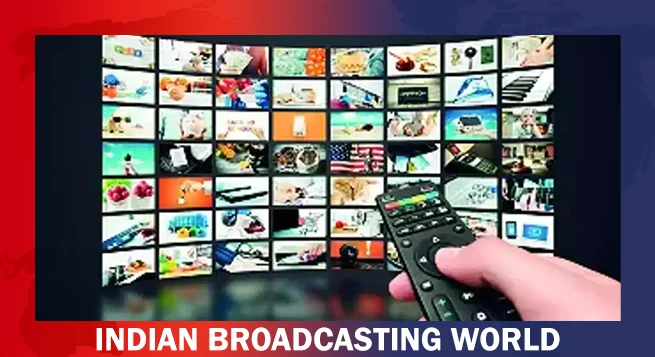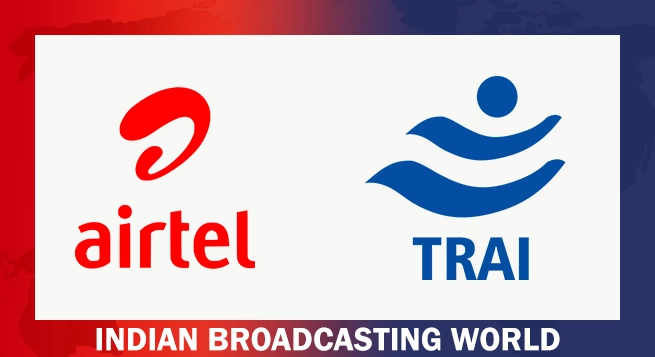British media regulator Ofcom yesterday said it was seeking evidence on how the TV distribution landscape could develop over the next decade and beyond.
Large numbers of people still rely on traditional, scheduled broadcast TV — known as ‘linear’ TV — particularly for its ability to inform people about what is happening in the world and its power to bring the nation together in moments of national importance or celebration. And, it is there for everybody, with free-to-view TV services available universally, the regulator said.
“However, the way in which TV audiences watch content has changed radically. Vast libraries of video content are widely available from online streaming services, offering viewers greater choice while creating a much more fragmented viewing experience,” it added.
These market developments raise important questions for policymakers about the longer-term impact that internet TV distribution will have on the services and platforms that viewers rely on and value today.
It is also important to understand how broadband networks will need to evolve to meet the increasing demand and support resilient delivery of TV over the internet into the future.
In support of its own research study, the UK government has asked Ofcom to undertake an early review of market changes that may affect the future of content distribution on digital terrestrial TV and other distribution platforms.
“To inform our review, today’s call for evidence invites views on a range of factors which might affect the future TV distribution landscape. We want to hear from a wide range of stakeholders, including audience groups, content providers, network and infrastructure providers, device manufacturers, and TV platforms,” the regulator said.
 TRAI revamps website to connect with wider audience
TRAI revamps website to connect with wider audience  Prime Video to limit in India number of TV sets having access per subscription
Prime Video to limit in India number of TV sets having access per subscription  Delhi HC orders meta to remove deepfake videos of Rajat Sharma
Delhi HC orders meta to remove deepfake videos of Rajat Sharma  Govt. blocked 18 OTT platforms for obscene content in 2024
Govt. blocked 18 OTT platforms for obscene content in 2024  Broadcasting industry resists inclusion under Telecom Act
Broadcasting industry resists inclusion under Telecom Act  DTH viewing going down & a hybrid ecosystem evolving: Dish TV CEO
DTH viewing going down & a hybrid ecosystem evolving: Dish TV CEO  Tata Play Binge brings Christmas movie lineup
Tata Play Binge brings Christmas movie lineup  ITG elevates Siddharth Zarabi to BT multiverse Editor
ITG elevates Siddharth Zarabi to BT multiverse Editor  Airtel leads subscriber growth with 1.93mn additions in October
Airtel leads subscriber growth with 1.93mn additions in October  ‘Border 2’ begins filming
‘Border 2’ begins filming  Asianet announces festive programming for Christmas 2024
Asianet announces festive programming for Christmas 2024 








